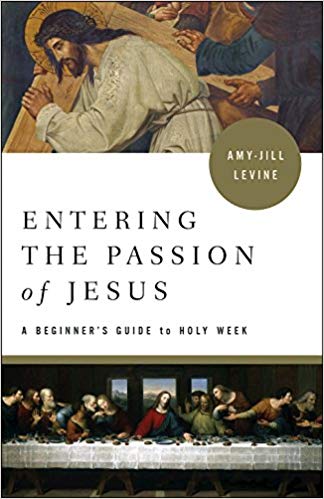Q. I like how you contrast the Jerusalem Temple with a modern church. It was not a quiet place, especially not when sacrifices were being offered. And the Temple was even a place where Jesus felt it appropriate to express anger. I agree with you that there is a place for righteous anger, but that one can go too far in which case the verse ‘being angry but sin not’ applies. Righteous anger is not the same as irrational rage about something, even if anger is justified in that case. I like your sentence on p. 51— “Righteous anger seeks restitution not revenge; it seeks correction, not retribution.” But then what is the difference between retribution and justice? If the punishment fits the crime, isn’t that proportional retribution? I often tell my students that if you are going into the ministry and lack the capacity for righteous anger about the evil and oppression etc. in the world, then you probably should pursue a different profession. Would you agree? And would you say Jesus is modeling how to do anger right without sinning?
A. On the distinction between vengeance and justice, I think Jesus posed that question in the Parable of the Widow and the Judge in Luke 18. While most English translations (and Italian ones as well – I am writing from Rome) have her asking, “Grant me justice,” the Greek is better translated “Avenge me.” Jesus asks us to think about the difference. I have been teaching for years at Riverbend Maximum Security Institute (RMSI) in Nashville, and this setting necessarily makes me conscious of this question, in terms of sentencing, parole, incarceration on the “high side” (the maximum of maximum security), etc.
On righteous anger: yes, we should be angry, especially at suffering that could have been prevented. More, we need to channel that anger constructively.
“Proportional retribution” is not the same thing as “justice.” Retribution, as I understand it, is a response of vengeance, not justice.
If a crime has been committed, then there should be a response that attempts, as best as possible, to restore what has been broken. Judaism does not teach an “eye for an eye”: Judaism teaches that in the case of actual physical damage, there must be compensation made to the victim for such concerns as pain, loss of work, medical expenses, and damages. The rabbinic tradition takes the “eye for an eye” as a legal principal, not a sentence. Jesus changes the subject from losing an eye to being slapped on the right cheek by a person in a more privileged position.













